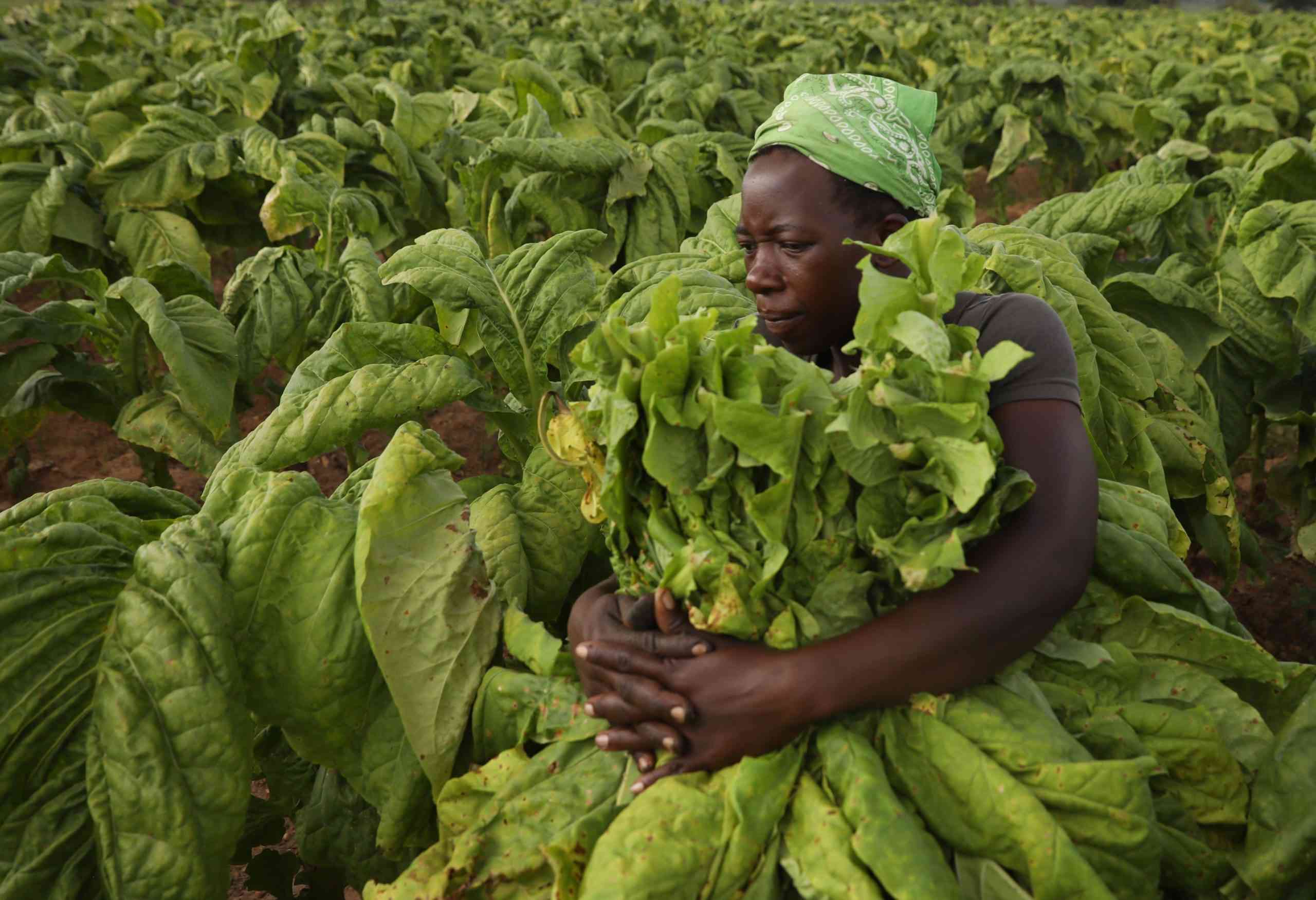
FINANCE, Economic Development and Investment Promotion minister Mthuli Ncube on Thursday said Zimbabwe's foreign currency receipts surged by 9,5% to US$6,2 billion in the six months to June, mostly due to the growth in export receipts and diaspora remittances.
According to figures presented by Ncube during the 2024 mid-term budget presentation, a strong external sector performance resulted in a steady increase of foreign currency receipts despite the anticipated slowdown in the economy in 2024 due to the effects of the El Niño-induced drought.
“Total foreign currency receipts increased by 9,5% to US$6,2 billion during the period from January to June 2024, from US$5,6 billion received during the same period in 2023, largely driven by the growth in export receipts and diaspora remittances,” he said.
“Export receipts and international money transfers accounted for 55% and 25%, respectively, of the country’s total receipts during the period from January 1 to June 30, 2024.”
The Treasury boss noted that preliminary estimates showed the current account had a surplus of US$19,2 million in the first half of 2024, which was an improvement over the US$13,8 million loss in the same period of the previous year.
However, Ncube added that merchandise exports shot up by 3,4% to US$3,4 billion attributed to growth of exports in gold, agricultural commodities and manufactured products.
“Minerals, which account for the largest share of merchandise exports, registered a marginal decline of 1,1%, from US$2,7 billion in the first half of 2023 to US$2,6 billion over the same period in 2024,” he said.
“The slowdown in mineral revenues is on account of low mineral commodity prices, especially PGMs (platinum group metals) and lithium.”
- Budget dampens workers’ hopes
- Govt issues $24 billion Covid-19 guarantees
- Letter to my People:They have no answers for Nero’s charisma
- ZMX to enhance farm profitability
Keep Reading
He added that: “Gold exports in the first half of 2024, recorded an increase of 14,6% to US$970,4 million from US$846,6 million in the comparable period in 2023. This growth was largely driven by higher global gold prices, buoyed by safe-haven demand amidst the prevailing global economic uncertainties.”
According to the presentation, merchandise exports are predicted to close the year at US$7,3 billion on account of higher gold, agricultural (mainly tobacco), and manufactured exports.
The Treasury boss also said the country recorded an increase in food imports in the first half of the year necessitated by an increase of maize imports due to the El Niño-induced drought.
Meanwhile, Ncube disclosed that the import bill increased prices of edible oils and fertilisers.
Figures from the budget showed that personal transfers increased by 16,5% from US$1 billion to US$1,2 billion in 2024, reflecting higher inward remittances from the diaspora, with a favourable impact on the current account balance.
Government has pledged to put in place policy measures to promote inward transfers by diaspora, as a vital source of funding for economic development.









